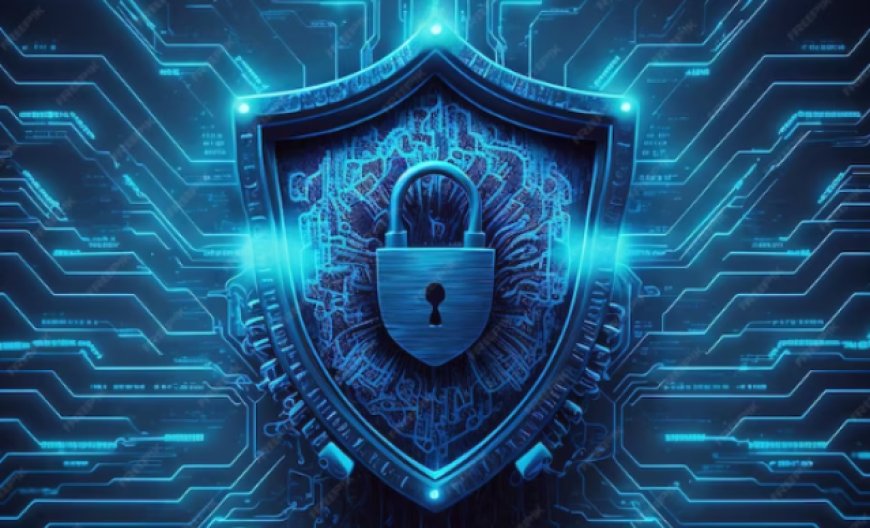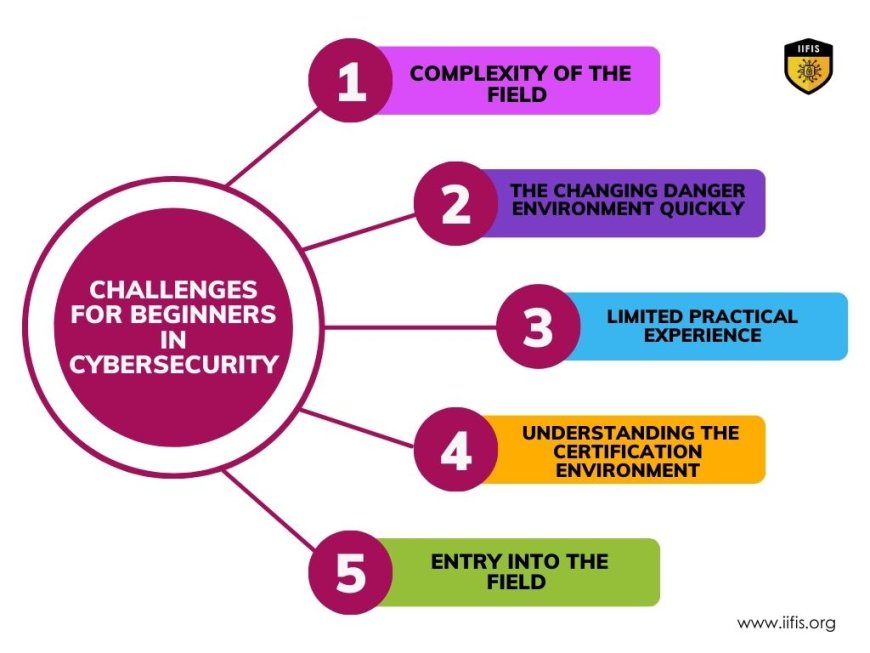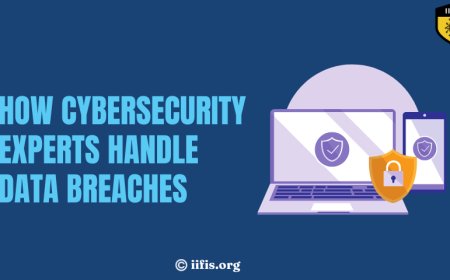Cybersecurity Certifications for Beginners
Discover the top cybersecurity certifications for beginners to kickstart your career in information security. Gain valuable skills and credentials.

Cybersecurity is more important than ever in this digital age as technology is ingrained in almost every part of our lives. The process of preventing hostile assaults or illegal access to digital systems, networks, and data is known as cybersecurity. The dangerous environment is constantly expanding along with our dependence on digital technology, which makes cybersecurity a crucial aspect of day-to-day living.
The fast rise in cyber threats and attacks is one of the primary drivers of cybersecurity's growing importance. Hackers, cybercriminals, and other bad actors are always coming up with new ways to take advantage of holes in digital systems and networks. These dangers can take many different forms, including ransomware, scams, malware, and data breaches, and they pose serious risks to people, companies, and organisations.
For beginners going into cybersecurity, several obstacles may make the path intimidating. The difficulty of the subject is one of the main challenges. The vast array of ideas, methods, and tools that make up cybersecurity can be difficult for beginners to understand.
Novices have to constantly keep up with the most recent trends and advancements due to the fast-changing nature of cyber threats and defences. This calls for a dedication to lifelong learning and flexibility, which can be difficult, particularly for people with limited work experience.
1. Complexity of the Field:
-
It can be difficult for beginners to understand the broad range of concepts, methods, and devices involved in cybersecurity.
-
According to the details of cybersecurity, beginners must devote time and energy to studying and becoming skilled in a range of topics.
2. The Changing Danger Environment Quickly:
-
Because cyber dangers and defences are always changing, beginners must keep up with the latest developments.
-
Responding and a commitment to continuous education are required to keep on top of these changes, which can be difficult for people with little experience.
3: Limited Practical Experience:
-
In cybersecurity, practical skills are important, but beginners may not have access to the specialized environments and devices necessary for practical experience.
-
It can be challenging for beginners to find internship or entry-level job opportunities, which are frequently necessary for developing practical knowledge.
4: Understanding the Certification Environment:
-
Beginners may find it difficult to identify which cybersecurity information are most suitable for their skill level and career goals due to a wealth of possibilities.
-
It can be difficult for beginners to understand the certification environment in this industry and conduct the necessary study before selecting the appropriate qualifications.
5. Entry into the Field:
-
It might be difficult for beginners to find job openings because many companies choose persons with specialized training or experience in the field.
-
Limited choices for internships or job openings may make it more difficult for beginners to establish their positions in the industry and gain important experience.

All things considered, even though the cybersecurity area has possibilities, beginners will need to face challenges including complexity, keeping up with changing dangers, obtaining practical experience, getting certifications, and breaking into the field. To succeed in the field of cybersecurity, one must possess commitment, tenacity, and a readiness to keep growing and changing with current developments.
What are the Best Cybersecurity Certifications for Beginners?
CompTIA Security+: Basic cybersecurity concepts and principles are covered in this beginning certification. It offers an extensive understanding of cybersecurity topics like risk management, network security, and cryptography. For those looking to get started in the field of cybersecurity, CompTIA Security+ is a highly regarded certification.
Certified Ethical Hacker (CEH): The ethics-related methods and procedures are the main focus of the CEH certification. It gives beginners the knowledge and skills to identify and address network and system vulnerabilities. For those interested in offensive security roles and penetration testing, the CEH certification is beneficial.
Cisco Certified CyberOps Associate: This Cisco certification focuses on incident response and security operations. It addresses topics like event handling, threat identification, and security monitoring. For those just starting who want to learn about cybersecurity operations and defence, the Cisco Certified CyberOps Associate certification is a great place to start.
Certified Information Systems Security Professional (CISSP) Associate: As a first step, beginners can earn the CISSP Associate certification, even though the complete CISSP certification necessitates multiple years of experience. It verifies basic understanding in cybersecurity fields such as asset security, communication and network security, security and risk management, and security and confirmation.
Certified Information Security Manager (CISM) Associate: This certification is suitable for beginners seeking to show that they know information security management, similar to the CISSP Associate certification. It addresses topics including incident management, governance, and information risk management.
With the help of this information, beginners in the field of cybersecurity can pursue a variety of professional takes by giving them a strong foundation in concepts and principles. These credentials can also improve employment opportunities and lead to entry-level cybersecurity roles.
Tips for Success in Cybersecurity Certifications
-
Set Clear Goals: Define your career objectives and choose certifications that align with your goals. Whether you aim to specialize in a specific area like penetration testing or network security or pursue a more general path, having clear objectives will guide your certification journey.
-
Plan Your Path: Research different certification paths and understand the prerequisites and requirements for each. Create a study plan that outlines the certifications you intend to pursue and the timeline for achieving them. Break down the study material into manageable sections and set achievable milestones.
-
Utilize Multiple Resources: Don't rely solely on one study resource. Take advantage of a variety of materials such as books, online courses, practice exams, and hands-on labs. Each resource provides different perspectives and reinforces your understanding of the concepts.
-
Hands-On Experience: Practical experience is invaluable in cybersecurity. Supplement your theoretical knowledge with hands-on practice in simulated environments or through internships and entry-level positions. Apply the concepts you learn in real-world scenarios to solidify your understanding and build practical skills.
-
Join Cybersecurity Communities: Engage with cybersecurity communities online and offline to exchange knowledge, seek advice, and stay updated on industry trends. Participate in forums, attend conferences, and join professional associations or local meetups to network with professionals in the field.
Since the ever-evolving nature of threats in the modern digital world, cybersecurity is crucial. Difficulties that beset novices include inexperience, complexity, and navigating certifications. Nonetheless, novices can establish a solid foundation with perseverance and the appropriate certifications, such as CompTIA Security+, CEH, Cisco Certified CyberOps Associate, CISSP Associate, and CISM Associate. These credentials give vital skills for a fulfilling career in cybersecurity and provide access to entry-level positions.
























